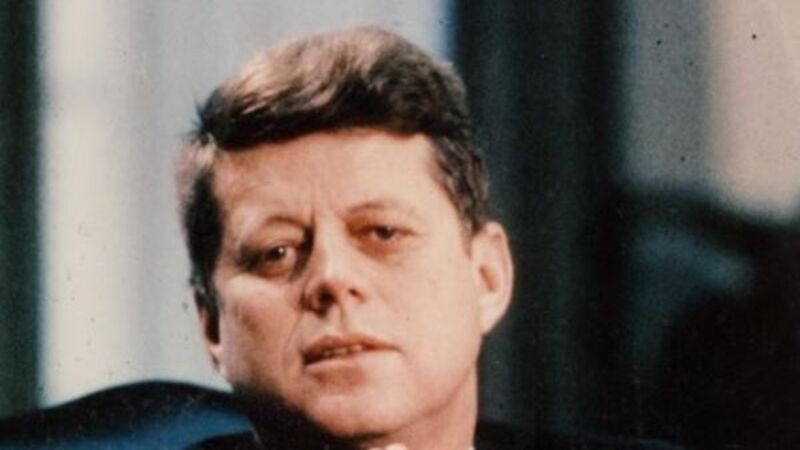Ukraine crisis - Neutrality may become a real issue

Kennedy wanted his commanders to understand the almost irreversible threat posed by the forceful process of escalation in conflict. He wanted them to understand that confrontation builds a momentum of its own and that it can almost assume a persona, that it can become the enemy of rational thought or the kind of intervention and pause that avert war.
We are not yet at that point over the Ukraine but perceptive book dealers may have already reordered copies of one of Tuchman’s great, ever more relevant histories. It would be reassuring, too, to imagine that at least some of the main players in the growing conflict have learnt the lessons from a century ago and so effectively recorded by Tuchman.














